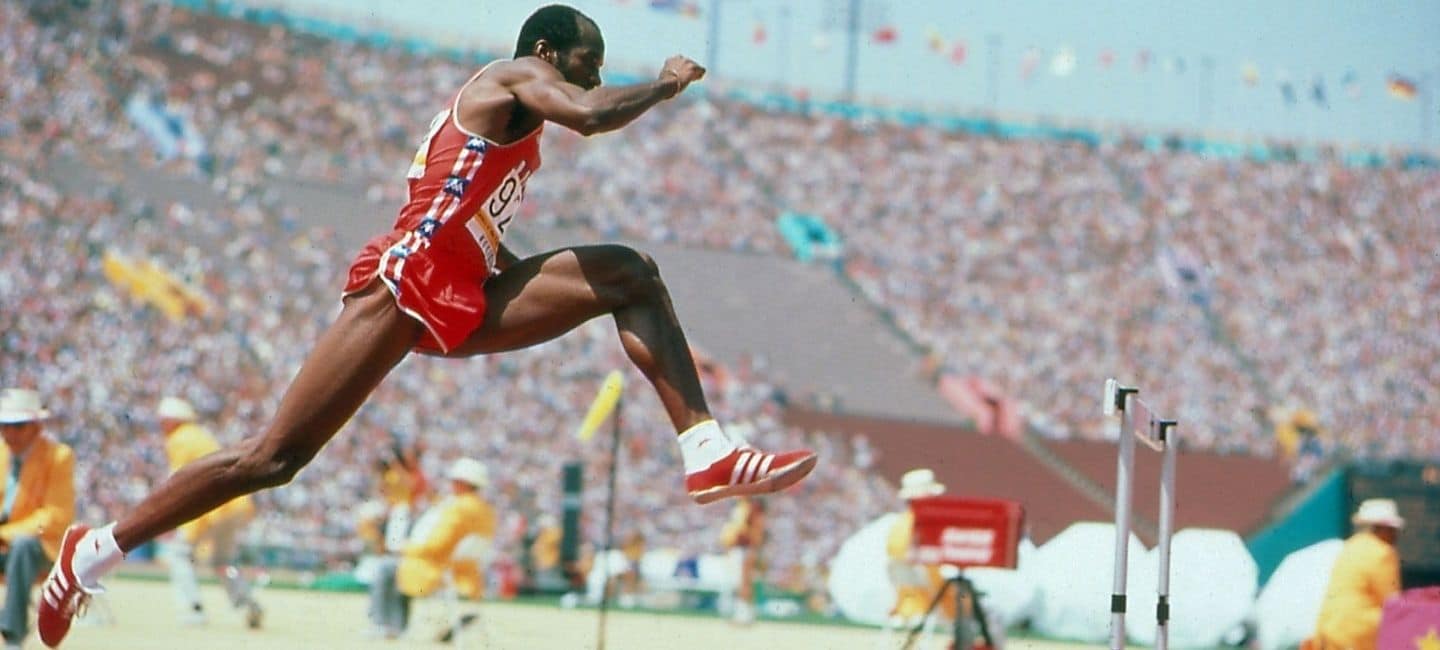The Bernard Rodriguez Journal
Exploring the latest trends and stories in news and lifestyle.
Running Faster: No Magic Needed
Unlock your speed potential with proven tips—no magic, just science! Discover the secrets to running faster today.
Essential Techniques to Improve Your Running Speed
Improving your running speed requires a combination of techniques that enhance both your physical and mental endurance. One essential technique is interval training, where you alternate between short bursts of high-speed running and periods of slower recovery runs. This practice not only boosts your overall speed but also increases your aerobic capacity. Another important method is to incorporate strength training, focusing on your core and leg muscles, which plays a crucial role in your running efficiency.
In addition to the physical aspects, mental strategies can also significantly impact your performance. Visualization techniques, where you picture yourself running faster and achieving your goals, have been shown to enhance motivation and belief in your abilities. Additionally, maintaining a proper running form by keeping your body upright and your arms at a 90-degree angle can further improve your speed. By consistently practicing these essential techniques, you can see a noticeable increase in your running speed over time.

Common Myths About Running Faster Debunked
When it comes to running faster, many athletes and fitness enthusiasts are often misled by common myths that can hinder their progress. One prevalent myth is that you must run long distances to improve your speed. In reality, incorporating interval training and speed work, such as sprints and tempo runs, can be far more effective. These exercises increase your power and explosiveness, enabling you to cover more ground in less time, rather than simply logging miles on the pavement.
Another widespread misconception is that only lighter runners can achieve higher speeds. While body weight does play a role in running efficiency, it is not the sole determinant of speed. Strength training can significantly improve a runner’s power-to-weight ratio, regardless of their current weight. By building muscle and enhancing overall strength, runners of all sizes can boost their running speed. In summary, debunking these myths can pave the way for all runners to access their full potential.
How Proper Nutrition Can Enhance Your Running Performance
Proper nutrition plays a pivotal role in enhancing your running performance by fueling your body with the essential nutrients it needs to thrive. Carbohydrates are particularly vital, as they serve as the primary energy source for runners. Consuming a diet rich in complex carbohydrates, such as whole grains, fruits, and vegetables, can significantly improve your endurance. Additionally, proteins are crucial for muscle recovery and repair after intense runs. By incorporating lean proteins like chicken, fish, and legumes into your meals, you can help your muscles recover faster, enabling you to train harder and more frequently.
Hydration is another key aspect often overlooked in nutrition for runners. Water helps regulate body temperature and lubricate joints, which is essential for optimal performance. It’s recommended to drink water before, during, and after your runs to maintain proper hydration levels. Moreover, consider incorporating electrolyte-rich drinks during long runs to replenish lost minerals and avoid fatigue. Lastly, timing your meals is crucial; aim to eat a balanced meal 2-3 hours before your run for maximum energy, while a post-run snack that includes a mix of carbs and protein can aid in recovery.